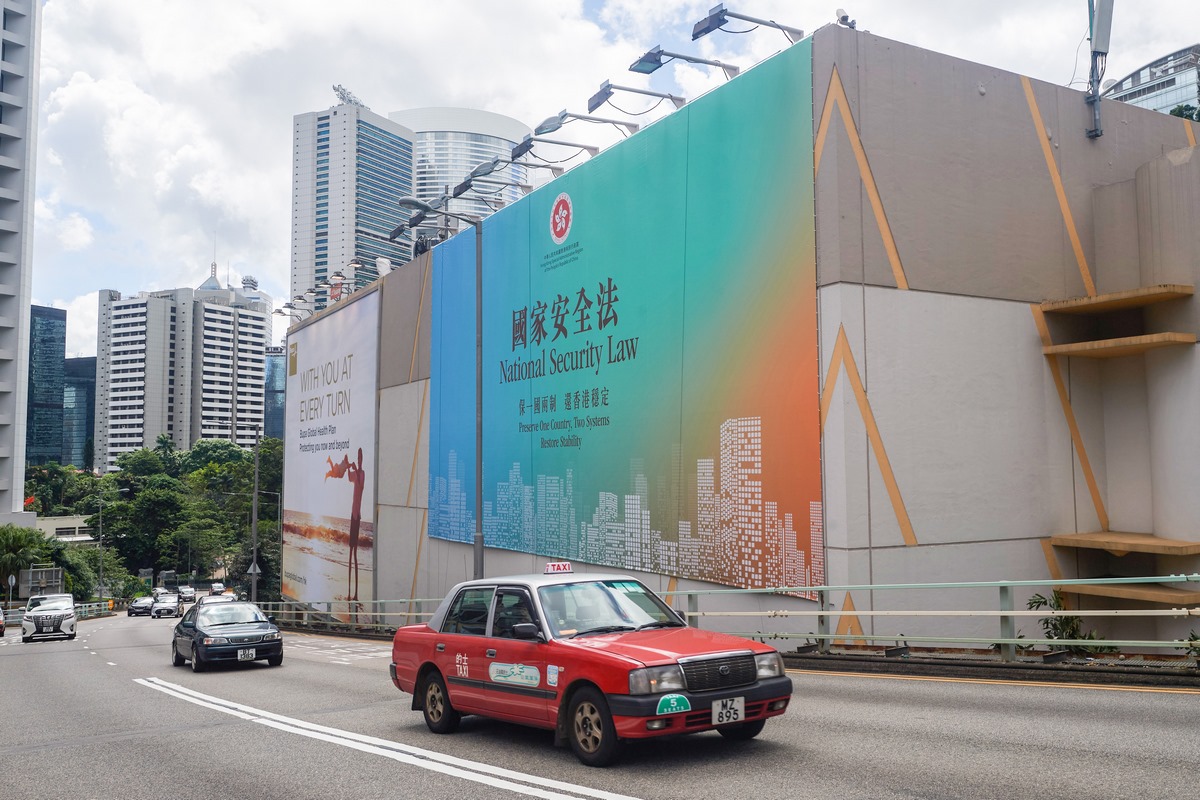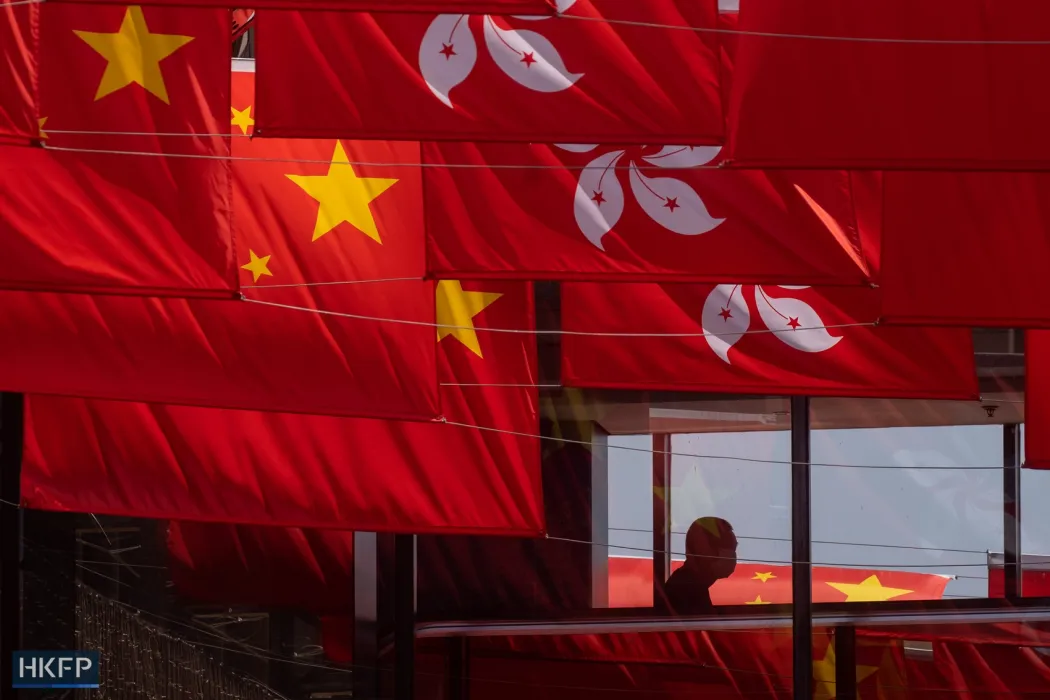Chinese president Xi Jinping has praised Hong Kong leader John Lee for safeguarding national security and holding its newly overhauled District Council race, as the chief executive travelled to Beijing for a duty visit.

Speaking to Lee during a meeting on Monday, Xi said the Hong Kong government had “resolutely safeguarded national security” and held its overhauled District Council race under the chief executive’s leadership.
The Chinese leader’s remarks on the District Council race came about a week after the “patriots-only” elections were held. The city saw a record low turnout of 27.5 per cent, as opposition figures were effectively barred from running due to requirements that they obtain nominations from government-appointed committees.
Lee had “brought Hong Kong out of the impact of the Covid-19 pandemic and toward a comprehensive recovery” and “solidified the trend of moving from chaos to order and promoting Hong Kong’s march from rule to prosperity,” Xi added, speaking in Mandarin.
The Hong Kong leader is in Beijing for an annual duty visit. He arrived in the Chinese capital on Sunday and will return on Wednesday.
According to a government statement, Lee will “brief state leaders on the latest economic, social and political situations in Hong Kong.”

During Monday’s meeting, Xi said the central government would continue to uphold the One Country, Two Systems principle and maintain Hong Kong’s capitalist system and lifestyle, while “fully implementing patriots administering Hong Kong.”
“We are confident in Hong Kong’s bright future,” Xi said.
Lee, also speaking in Mandarin, said Hong Kong economic activity had resumed to “normal levels” and that society had returned to “stability.”
He also said Hong Kong would leverage its advantages and push for the development of the Northern Metropolis – a large-scale development initiative.
Four members of the Politburo Standing Committee – China’s top decision-making body – including Cai Qi and Ding Xuexiang were also present at Xi and Lee’s meeting.
Article 23
Speaking to reporters after the Monday meeting, Lee said it was the government’s constitutional duty to legislate security laws for Hong Kong, known locally as Article 23, claiming that Hong Kong people were “convinced that an effective law to protect national security is important.” Lee had said previously that the government would pass the law next year.

Article 23 of the Basic Law, which stipulates that the government shall enact laws on its own to prohibit acts of treason, secession, sedition and subversion against Beijing, failed in 2003 following mass protests.
The homegrown security legislation returned to the spotlight after the onset of the separate, Beijing-imposed national security law in 2020, with officials saying Article 23 was needed to plug “gaps” in the Beijing legislation. Pro-democracy advocates fear it could have a negative effect on civil liberties.
Lee added that authorities would have to explain to Hong Kong and the international community that “Hong Kong is no different from any cities and jurisdictions in the world,” and it needed laws to protect national security.

Authorities will refer to national security laws in other common law jurisdictions and “[comply] with international standards that protect human rights,” he said, speaking in Cantonese.
Since the 1997 handover from British rule, Hong Kong’s chief executive has made an annual visit to Beijing at the end of the year. Monday’s visit was the first time the city’s leader met China’s leader and the premier – currently Li Qiang – together.
“This reflects their high regard of Hong Kong and how they place Hong Kong people close to their hearts,” Lee told reporters.
Economic challenges
In response to English-language questions about whether Hong Kong was in a position to have a “bright future,” Lee told reporters that Hong Kong was “facing the same economic challenges” – high interest rates and geopolitical tensions – as other cities in the world.

His comments came as finance minister Paul Chan said the government would have to cut costs by 1 percent in the next two fiscal years, amid an expected budget shortfall of just over HK$100 billion – double the amount forecast at the beginning of the year.
Chan said interest rates, geopolitical strife, and a weak asset market meant that the possibility of a deficit continuing into the next year could not be ruled out.
Lee’s meeting with Xi coincided with the first day of pro-democracy media tycoon Jimmy Lai’s national security trial. The founder of newspaper Apple Daily faces charges of conspiring to collude with foreign powers and publishing seditious publications, in a closely-watched case seen as a bellwether for the city’s press freedom.

The leader told reporters: “I think Hong Kong has a long tradition of the rule of law, and Hong Kong courts always adjudicate cases fairly and impartially.”
“Nobody should try to interfere with court adjudicating cases based on evidence and facts, and nobody should try to do anything to exert pressure simply because of their political motive or political gain and try to influence outcomes of court cases or attempt to pervert the course of justice,” Lee added.
Support HKFP | Policies & Ethics | Error/typo? | Contact Us | Newsletter | Transparency & Annual Report | Apps
Help safeguard press freedom & keep HKFP free for all readers by supporting our team























